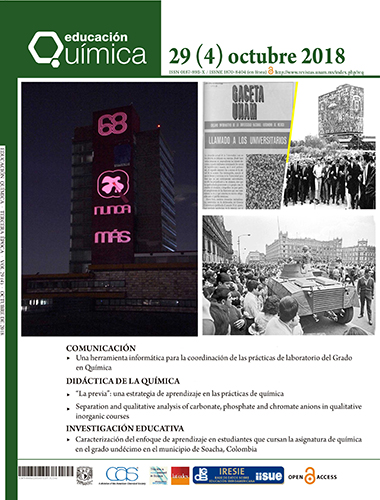An overview of today's project-based learning and how it has been implemented in the Chemical Engineering School at Universidad de Los Andes
Contenido principal del artículo
Resumen
This paper builds on a project-based engineering learning strategy called RAIS ‘Reproducing an Innovation Environment in the Classroom’ applied in courses in the Chemical Engineering curriculum at the Universidad de Los Andes (ULA). It follows a previous investigation where the practical implementation of RAIS strategy is presented (Marquez et al., 2016), and in this occasion the theoretical fundamentals of the RAIS strategy are outlined. Authors take the common project-based learning to a new level by directly involving the students in the common start-up company practice where the final product to be formulated and manufactured is not a requirement from an external client but comes from real entrepreneurship students’ interests. In previous work it has been shown that this strategy allows interconnecting the course objectives with the development of a product. RAIS strategy has reported successful outcomes in the accomplishment of this goal for Chemical Engineering students at ULA.
Detalles del artículo
Citas en Dimensions Service

Educación Química por Universidad Nacional Autónoma de México se distribuye bajo una Licencia Creative Commons Atribución-NoComercial-SinDerivar 4.0 Internacional.
Basada en una obra en http://www.revistas.unam.mx/index.php/req.




